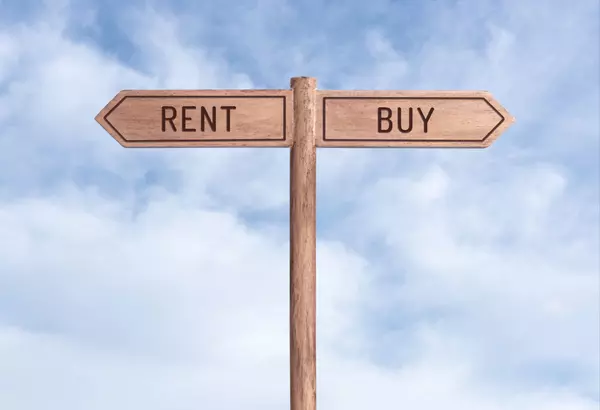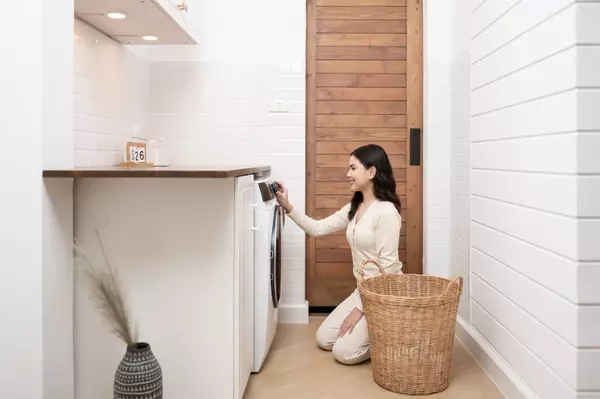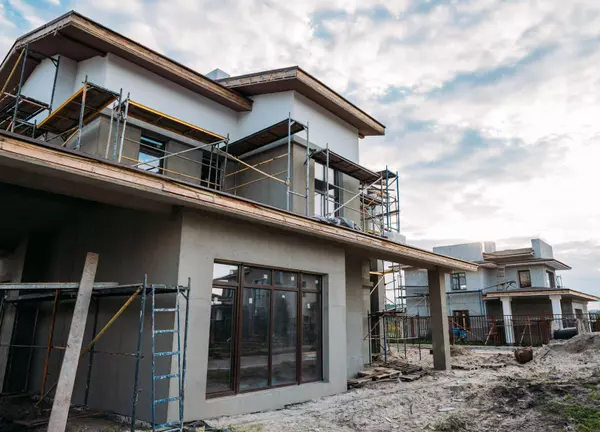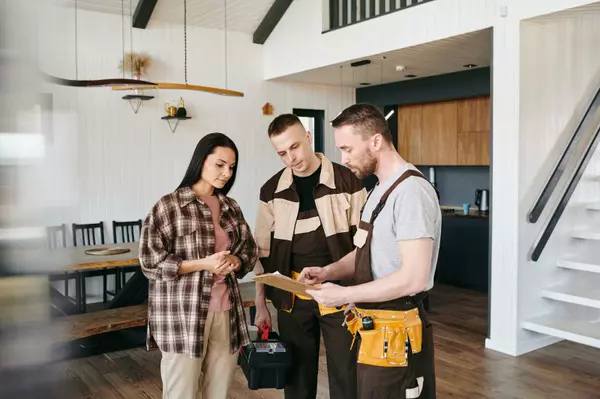
4 Common Mistakes Home Buyers Make When Purchasing a Property
Failing to Research and Plan Ahead One of the biggest mistakes home buyers make is not conducting thorough research and planning ahead. This includes understanding their budget, determining their needs and preferences, and researching the local real estate market. Without proper research, buyers ma

The Ultimate Guide to Buying a Home in Southwest Florida
Before you Shop for a New Home HGTV makes it seem like you should call a Realtor®, see three houses and pay just under asking for the home of your dreams. The truth is, there are some steps you absolutely must take before you step foot inside of a home. These steps will make certain you are able to

8 Signs You're Ready to Stop Renting and Start Owning
Rent is on the rise or you don’t know what you’ll pay next year Rental rates in Naples continue to rise and you’re frustrated not knowing what you may have to pay when your current lease is up. When you buy, your 30-year fixed mortgage will have the same payments each month over the life of the loa
Categories
Recent Posts










